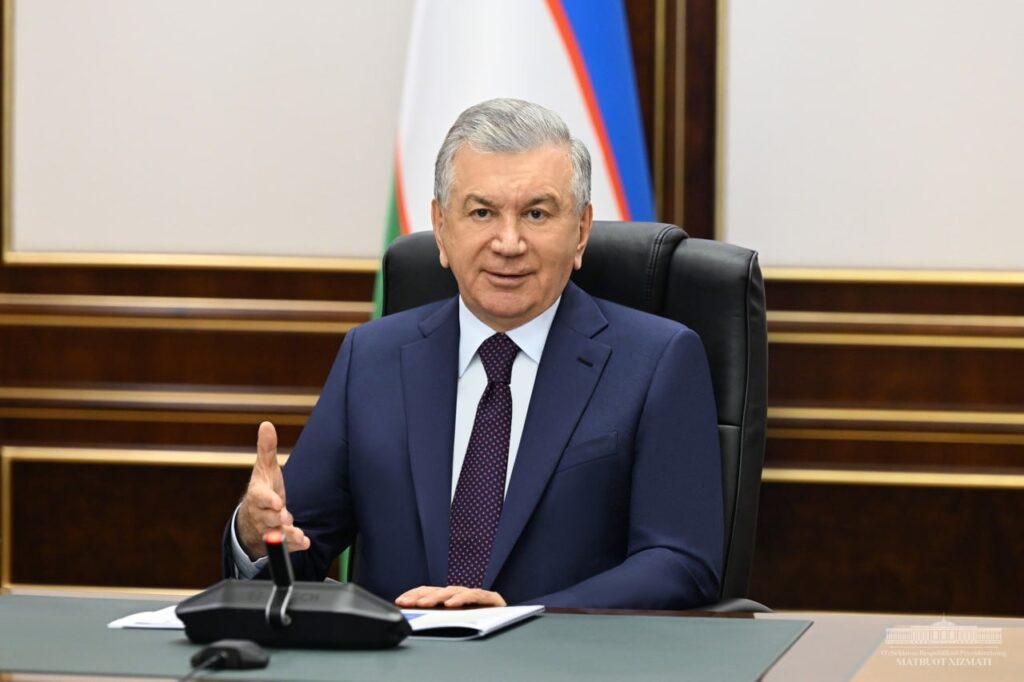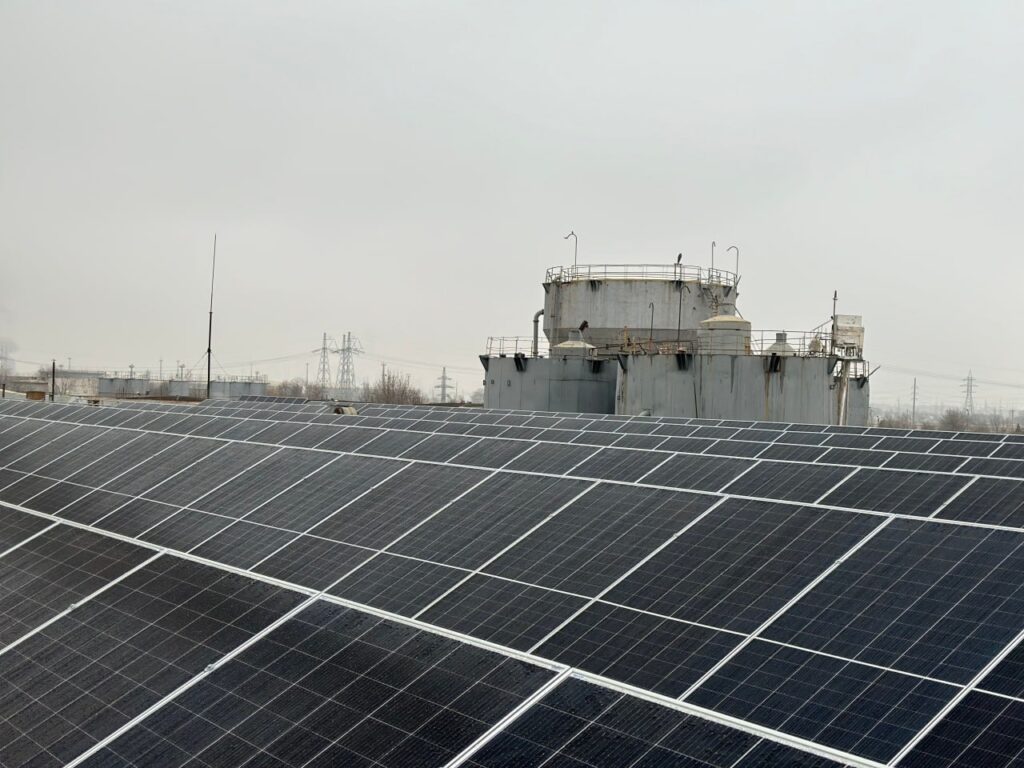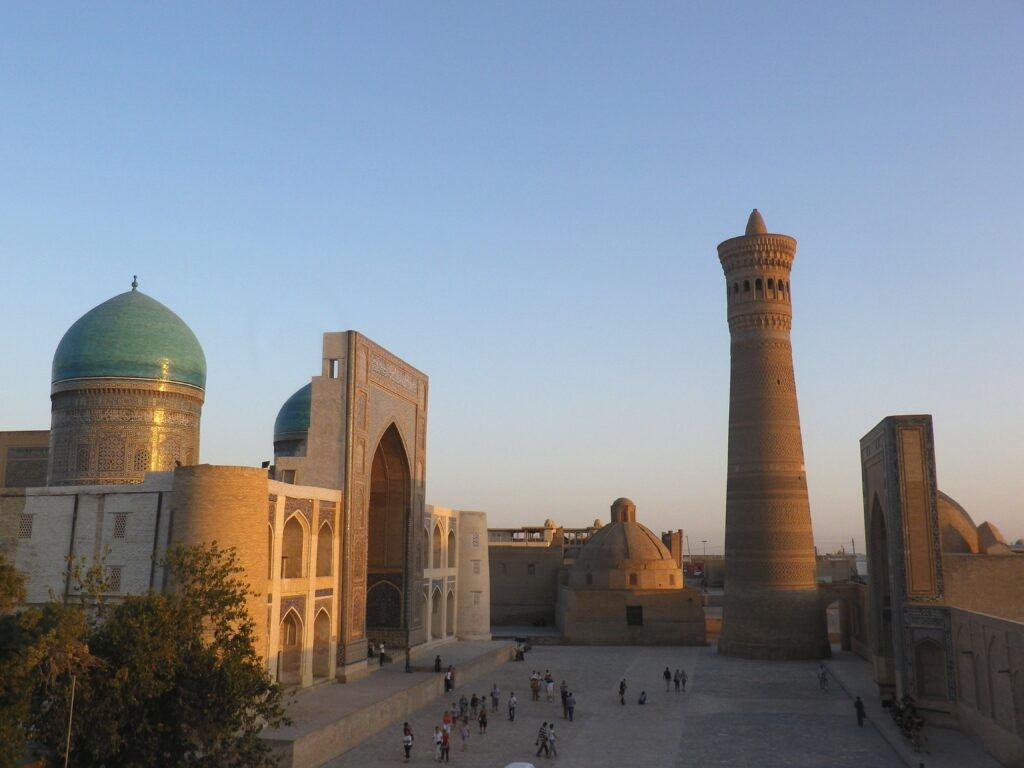Uzbekistan Seeks to Boost its Jewellery Industry
At a government meeting on June 19, plans to further develop Uzbekistan’s jewellery industry, support production and increase exports were presented to President Shavkat Mirziyoyev. Noting the country’s huge potential for increasing the production and export of jewellery, the president said that just 6 percent of the gold mined in Uzbekistan is processed, and exports of finished products from gold amount to only $78 million. He thus emphasized the importance of creating jewellery zones equipped to attract entrepreneurs, a review of supplies of raw materials to the industry, and training specialists in the field. With reference to the above, the head of state issued instructions for a program to be developed to enhance the domestic jewellery industry until 2027. The meeting also discussed piloting special jewellery centres with production, exhibition and trading areas in Tashkent and the Namangan region. The government is considering establishing, until October 1, 2026, a zero rate of customs duty and value added tax on equipment, packaging and labelling materials used, but not produced, in Uzbekistan in the jewellery industry. An additional proposal was mooted to establish a zero-customs duty rate for the export of Uzbek jewellery to the USA. In January-March 2024, Uzbekistan exported gold worth $2.66 billion. In the first quarter of the year, revenues from gold exports comprised 41.7% of the country’s total exports. In 2023, gold exports accounted for 33.4%, or $8.1 billion, of Uzbekistan’s total export volume.





